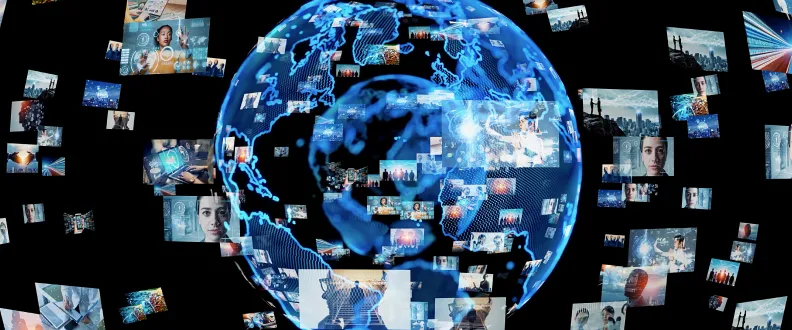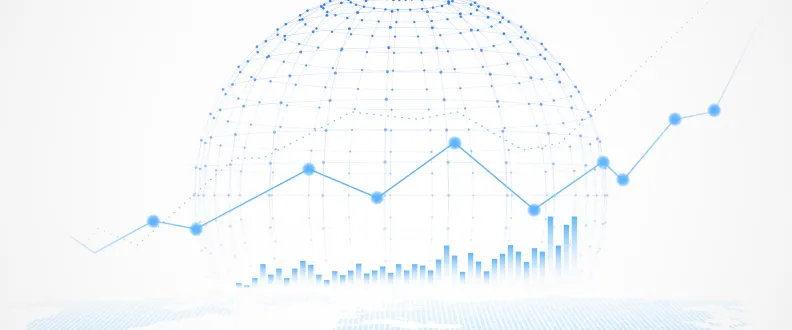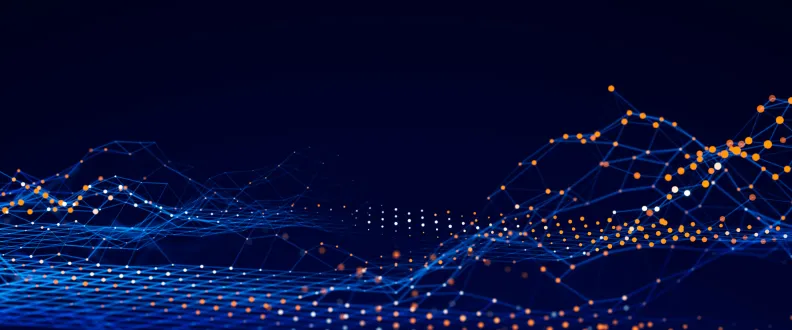YouTube Tightens Grip on AI, Creating a Barrier to Repetitive Content
Starting July 15, 2025, YouTube is rolling out harder-hitting rules via its Partner Program aimed at sifting out low-effort, mass-produced content, especially repetitive videos and those made purely with artificial intelligence (AI) tools.
While the platform already required creators to be original and authentic, the new version sharpens its focus on what ‘inauthentic’ looks like in today's environment of AI-generated spam.
YouTube clarified that this is less of a policy overhaul and more of a refinement, though a significant one. Described as a ‘minor update’, changes are meant to more accurately pinpoint repetitive or bulk-created content, especially content that users flag as spam.
The platform emphasizes that AI use is still allowed, but only when paired with originality and a human touch. Under the refreshed guidelines, videos that simply use AI-generated voiceovers over stock clips or follow templated formats will potentially lose monetization.
YouTube highlights that reused content must be ‘substantially transformed’ with added commentary, editing, and/or insights to qualify for revenue.
Channels that repeatedly post near-identical videos may face demonetization, reduced visibility, or even removal from the Partner Program. This update arrives amid a surge of concern over so-called “AI slop,” where videos using synthetic voices and generic visuals are built en masse to boost ad revenue systems.
One notorious example involved deepfake-style auto-generated content that masqueraded as true crime documentaries, drawing millions of views before being debunked.
YouTube’s two-part message to creators outlines that automation isn’t banned, but bland automation is. YouTube’s policy has always required creators to upload original and authentic content, and the new policy simply reflects modern challenges.
For content producers, this means rethinking strategies. AI tools can still support production, but only when paired with fresh human perspective, creative editing, or voiceovers. Those willing to adapt may benefit as low-quality bulk uploads lose ground. And while some fear the impact of using AI, many creators see this as a move toward better monetization, fairness and improved viewer experience.


